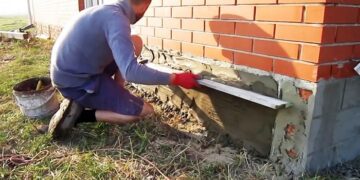Real estate is quite easy to buy abroad. Recently, residents of the CIS have given preference to Bulgaria and Greece, where housing is relatively inexpensive, and paperwork does not take much time.
In Greece, there are certain rules for the sale of land. For example, in the border areas you can buy it with a special permit. There are a number of restrictions that apply to forests, protected lands, archaeological sites. A lawyer can provide more information on this.
The procedure for buying property in Greece is as follows. To begin with, an application is submitted to the tax authority, according to which a registration tax number is obtained. As soon as the contract of sale is concluded, the buyer must pay the tax on the purchase of real estate, usually 9-11% of the cost. At the notary, contracts are signed and certified, this is another 2% of the value of the object. Further, the contract is registered in the Land Registry or the Real Estate Register. After that, the buyer becomes the owner.
But in Bulgaria, a foreigner can only buy housing, but not land. The transaction is concluded in the presence of a passport. Foreigners have equal rights with Bulgarian citizens in real estate transactions, that is, they can freely dispose of their housing, for example, rent it out.
A certain, rather small amount is paid for the selected object, after which the property is removed from sale, and the price for it is fixed.
Next, a Preliminary Agreement is concluded with a description of all the important terms of the transaction. In this case, the buyer gives 20-30% of the value of the object.
Within the agreed period, a Notarial deed is concluded – a contract for property. By this time the money must be paid. An extract from the register is provided, which indicates the existence of a loan, a ban on the sale, open court cases. The notary certifies the signatures of the parties and submits the document to the court, which, in turn, enters the data into the state register. The corresponding mark is put in the notarial deed.
Typically, in such transactions, two amounts are used, of which one appears in the documents (this is the tax assessment of housing), and the second is the real price of the transaction. The tax estimate is usually half of the real value, and tax, state duty and notary fees are also calculated from it.






























